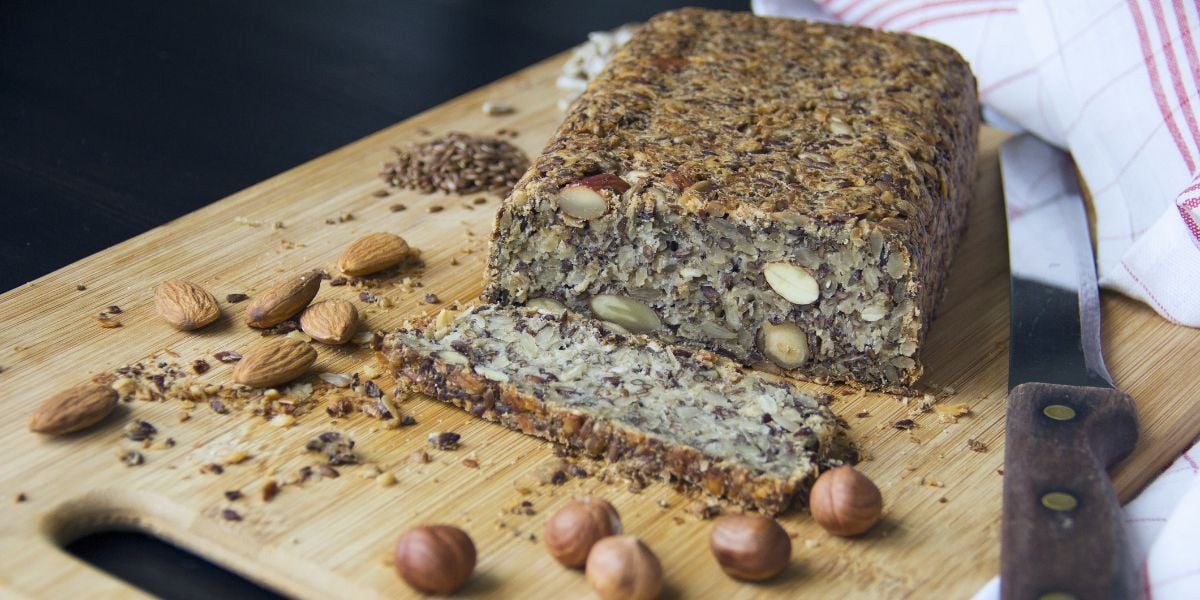Baking using low-carb flours is achievable, and there are a number of delicious alternatives to the higher-carb options of wheat, corn and rice flour.
A diet focused on restricting carbs has been shown to help people with diabetes control their blood glucose levels.
It can take a while to adapt to making low-carb dishes, but you may surprised as to how many options are at your disposal.
By replacing sugar and more traditional flours in baking, you can uncover several low-carb flours and flour substitutes that reduce your carb intake, but still taste great.
Coconut flour
Coconut flour is made from the leftovers of coconut milk, which is rich in fiber and resembles wheat flour in its texture.
It is important to note that coconut flour absorbs moisture and liquids easily. It can soak up a large amount of oil and eggs, so you may need to modify certain recipes to avoid a particularly stodgy outcome.
You do not need to use a lot of coconut flour, though. Using too much can make your baked food dry and crumbly, and starting off, you may only need around a third of the amount you would use with high-carb flours.
If you don’t enjoy the taste of coconut, garlic and onion powder can be added for savoury dishes, while cinnamon and vanilla can enhance sweet items.
Almond flour
Almond flour , the most commonly known and used nut flour – is available in most grocery stores and relatively simple to use when replacing high-carb flours.
Due to its high fat content, and lack of gluten, you may require additional eggs or baking powder to give your baked goods more structure. The more finely ground your almond flour, the easier it will be for your food to rise.
Almond flour is not be confused with almond meal. The former is made from blanched almonds – which is a raw almond with its skin removed – while almond meal is not so finely ground and may contain almond husks.
Almond meal is more suitable for baked goods such as muffins, where texture doesn’t matter too much.
Walnut meal and other nut flours
Walnut meal is made from finely ground walnuts, which aside from being low-carb is beneficial as they contain the amino acid l-arginine, which is good for your heart.
Walnut meal can used in recipes that call for almond flour, while other nut flours include hazelnut meal and pecan meal, depending on what flavour you are looking for.
Soy flour
Soy flour is derived from ground soy beans, but some may wish to note it can be derived from genetically modified organisms (GMOs). Under EC regulations, the use of GMOs should be stated on the packet though.
Soy flour is somewhat similar to coconut flour in that recipes may have to be adapted as it is quite dry, and easily absorbs ingredients.
It is also full of protein and provides a good source of dietary fiber.
Seed and bean flours
Bean flours are another great low-carb alternative. Among the many different kinds of bean flour include chickpea, garbanzo, and fava bean. All of which add protein, fibre, and iron.
Sunflower seed and flaxseed meal are among the seed substitutes, and the latter is packed with omega-3 fatty acids.





